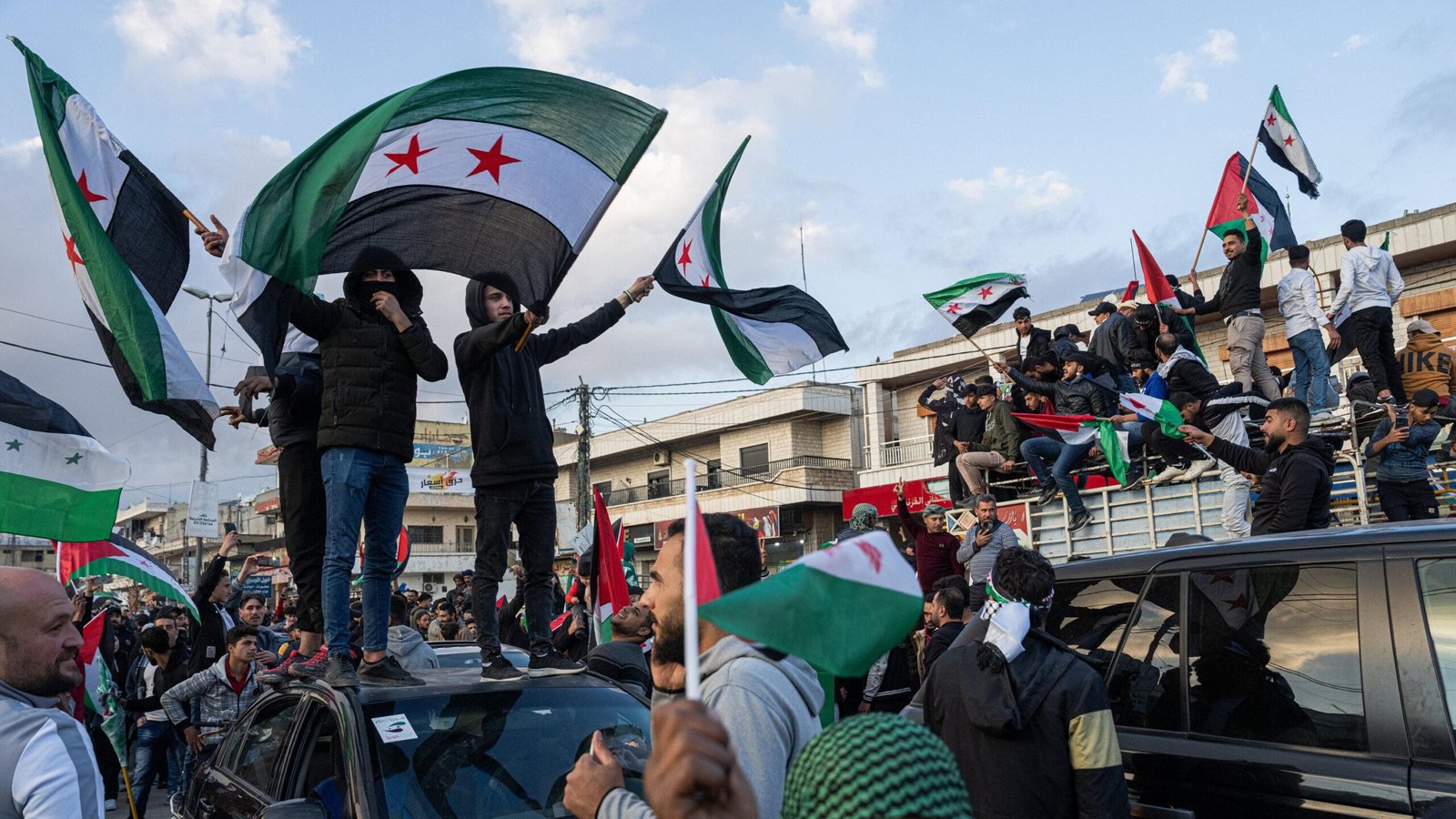
In the labyrinthine alleys of Syria’s bloodied past and uncertain present, a rebellion’s triumph over President Bashar al-Assad would ripple across the nation’s tumultuous landscape and beyond into the wider Middle Eastern tapestry. As the conflict’s intricate threads intertwine, this hypothetical victory would unlock a Pandora’s box of possibilities, both promising and perilous. From the embers of war, what new order might emerge to reshape Syria and the volatile region that cradles it? Join us on an exploration into the uncharted waters of a post-Assad Syria, where hope and trepidation dance hand in hand.
– The Domino Effect: How Rebel Victory in Syria Could Upend the Middle East
If the rebels were to emerge victorious over Assad’s forces, it would have far-reaching consequences for the Syrian civil war. The conflict has already displaced millions of people, and the country is in ruins. A rebel victory would likely lead to a protracted period of instability as the country tries to rebuild and establish a new political order. The conflict has also attracted foreign powers, including Russia, Iran, and the United States, and their involvement would likely continue if the rebels were to win.
A rebel victory could also have a ripple effect throughout the Middle East region. Syria is a key player in the regional balance of power, and a change in leadership could have significant implications for other countries in the area. For example, it could strengthen the hand of Iran, which is a close ally of the Assad regime. It could also embolden other rebel groups in the region, such as those fighting in Yemen and Iraq.

– From Insurgency to Governance: The Complexities of Rebel Rule in Syria
Rebel Control: Governance Challenges and Uncertainties
The rebel victory in Syria would inevitably lead to a period of uncertainty and transition, as opposition groups navigate the complex task of establishing governance structures. Challenges include:
Inter-rebel Rivalries: Divisions exist within the opposition, with various factions vying for power. Managing these tensions and ensuring unity will be critical for maintaining stability.
Lack of Resources: Rebels lack the administrative capacity and financial resources necessary for effective governance. Access to international aid and support will be crucial for addressing this issue.
* Fragile Infrastructure: Years of conflict have severely damaged Syria’s infrastructure, including essential services such as water, electricity, and healthcare. Rebuilding and restoring these services will require significant investment and expertise.
Table: Potential Scenarios for Post-Assad Syria
| Scenario | Implications | Impact |
|—|—|—|
| Moderate Rebel Victory | Power-sharing arrangement with Assad regime | Regional stabilization, reduced humanitarian crisis |
| Radical Islamist Victory | Establishment of a Sharia-based state | Increased regional instability, potential threat to neighboring countries |
| Fragmented Control | Multiple factions control different regions | Prolonged conflict, ongoing humanitarian crisis |
– Recommendations for Sustainable Peace in a Post-Assad Syria
- Establish an inclusive, democratic government: The new government should represent all segments of Syrian society, including ethnic and religious minorities, and should be committed to respecting human rights and the rule of law. A constitutional convention should be held to create a new constitution that guarantees these principles.
- Promote reconciliation and healing: The conflict in Syria has left deep wounds in the country’s social fabric. A comprehensive reconciliation process is essential to rebuild trust and promote healing among different ethnic and religious groups. This process should include programs for education, dialogue, and community engagement.
Table: Key Challenges and Recommendations for Sustainable Peace in Post-Assad Syria
| Challenge | Recommendations |
|---|---|
| Power Vacuum and Instability | Establish a clear and inclusive political process to fill the power vacuum and build a stable and legitimate government. |
| Humanitarian Crisis | Provide immediate humanitarian assistance to those affected by the conflict and work towards a long-term solution that addresses the root causes of the crisis. |
| Sectarian Violence | Promote dialogue and reconciliation among different religious groups and address the underlying causes of sectarian tensions. |
The Way Forward
As the drums of battle fall silent and the dust settles, the Syrian conflict may be entering its final chapter. The rebel victory over Assad holds immense significance for Syria and the Middle East, promising a transformation that will reverberate across geopolitical fault lines. In the coming years, this pivotal moment will be etched into history as the catalyst for a new dawn, reshaping the contours of the region. The echoes of this monumental triumph will continue to reverberate, influencing the course of events for generations to come.